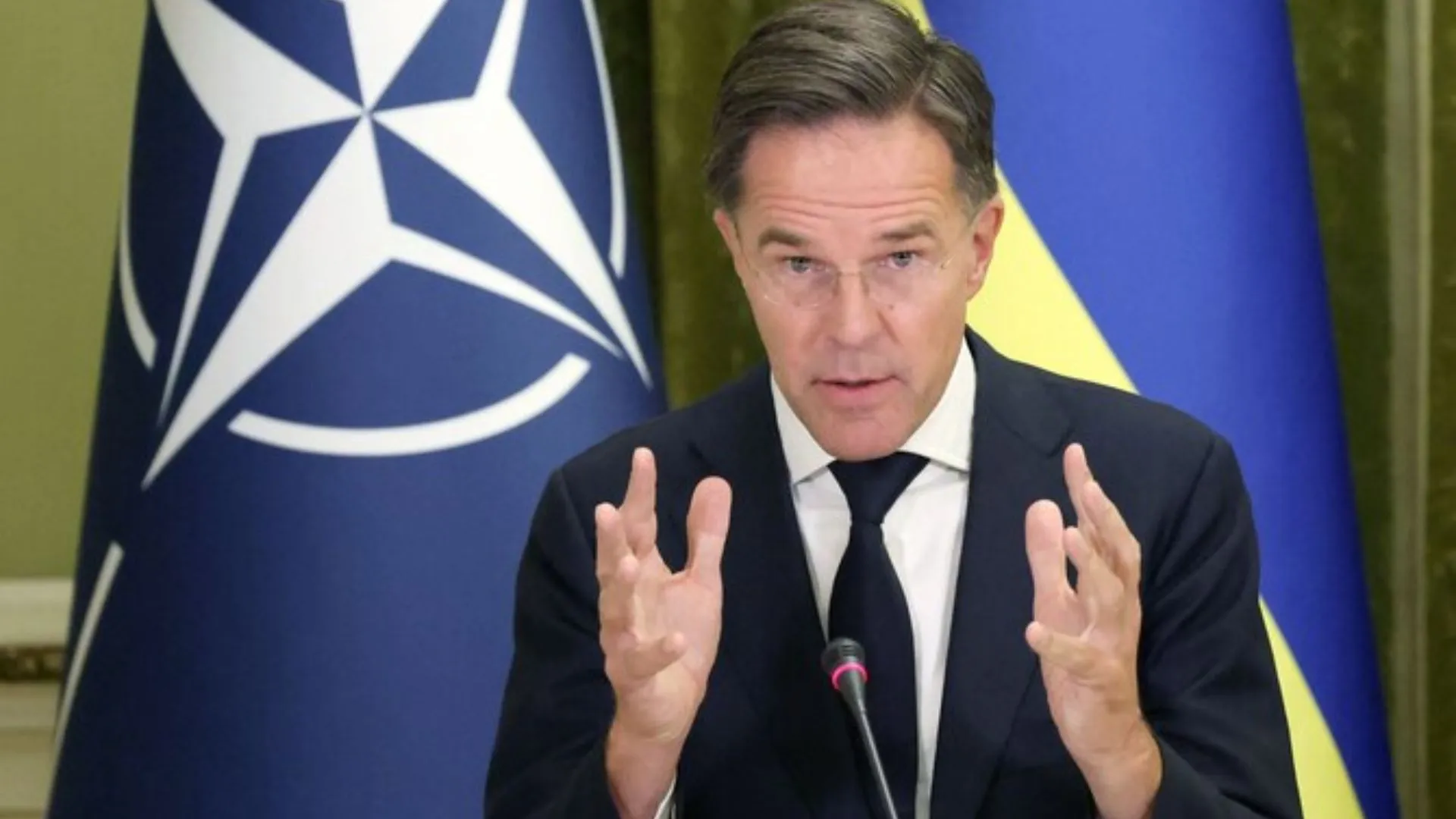After nearly a decade in power, Canadian Prime Minister Justin Trudeau has officially announced his resignation, a decision that has come after months of pressure from both within his own party and the Canadian public. The 53-year-old leader, once a progressive icon, has faced a decline in approval ratings and growing discontent over economic issues and personal scandals.
Trudeau, who rose to power on a message of hope and change, has seen his popularity drop significantly in recent months. His approval ratings fell to a low of just 33% by late 2024, signaling widespread frustration among the electorate. Economic challenges, including record inflation and soaring food prices, have exacerbated public discontent. Additionally, the Canadian housing crisis has worsened, with house prices in some regions increasing by 30%-40%, adding to the resentment towards the government.
Scandals and Controversies Damage Trudeau’s Reputation
Trudeau’s long tenure has also been marred by several political scandals. In 2017, he was reprimanded for accepting gifts, including private helicopter flights and vacations. More recently, his decision to skip the country’s first national day of truth and reconciliation to go on a surfing holiday has raised eyebrows. There were also revelations that members of his family were paid large sums by a charity that his government had recently awarded a substantial contract, further tarnishing his public image.
Why Did Trudeau Resign Now?
Although a federal election was not due until October 2025, increasing pressure from members of his own Liberal Party has prompted Trudeau’s resignation. Late last year, nearly two dozen backbench Liberal MPs called for him to step down, warning that the party was heading for a crushing defeat in the upcoming elections.
The final push came in mid-December when Deputy Prime Minister Chrystia Freeland, a staunch ally of Trudeau, publicly criticized his leadership and questioned his ability to handle a second term of Donald Trump as US president. Following Freeland’s remarks, Liberal MPs from key regions such as Atlantic Canada, Ontario, and Quebec also called for a change in leadership.
The Trump Factor: Economic Threats and Tensions
A significant part of the criticism stemmed from the looming threat posed by US President-elect Donald Trump’s “America First” economic nationalism. Trump’s rhetoric included the possibility of imposing 25% tariffs on Canadian goods, a move that Freeland warned Canada needed to take very seriously.
Trump himself has belittled Trudeau, referring to him as the “governor” of the “great state of Canada,” implying a lack of sovereignty for Canada. The tensions over trade and Trump’s leadership created a perfect storm for Trudeau, whose political ability to navigate these challenges was called into question by his own deputy.
What Happens Next?
With Trudeau’s resignation, Liberal lawmakers were scheduled to meet to discuss the future of the party. However, Trudeau’s announcement that he would step down preempted that meeting, marking the official start of a leadership change within the Liberal Party. Trudeau also declared that Parliament would be suspended until March 24, 2025, allowing the party time to select a new leader.
Timeline for the Next Election: What’s At Stake for the Liberals?
Federal law requires that an election be held by October 2025. However, with all opposition parties having lost confidence in Trudeau’s leadership, an election could occur much sooner. Current polls suggest that the Conservative Party, led by Pierre Poilievre, is poised to win a majority government. However, this outcome could be influenced by the leadership choices the Liberals make in the coming months.
ALSO READ: From Father to Son, Here’s How Two Generation Of Trudeaus Influenced Canada’s Politics






















